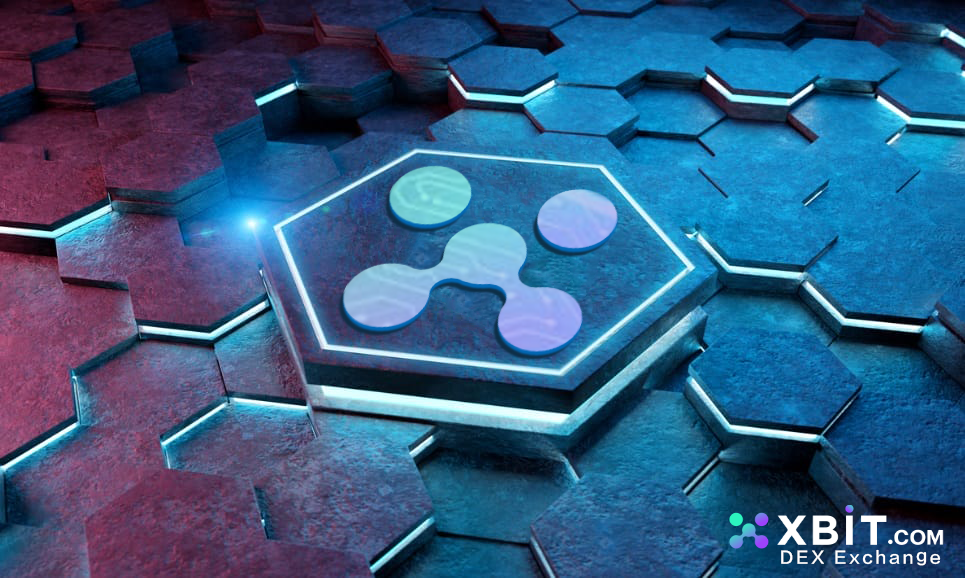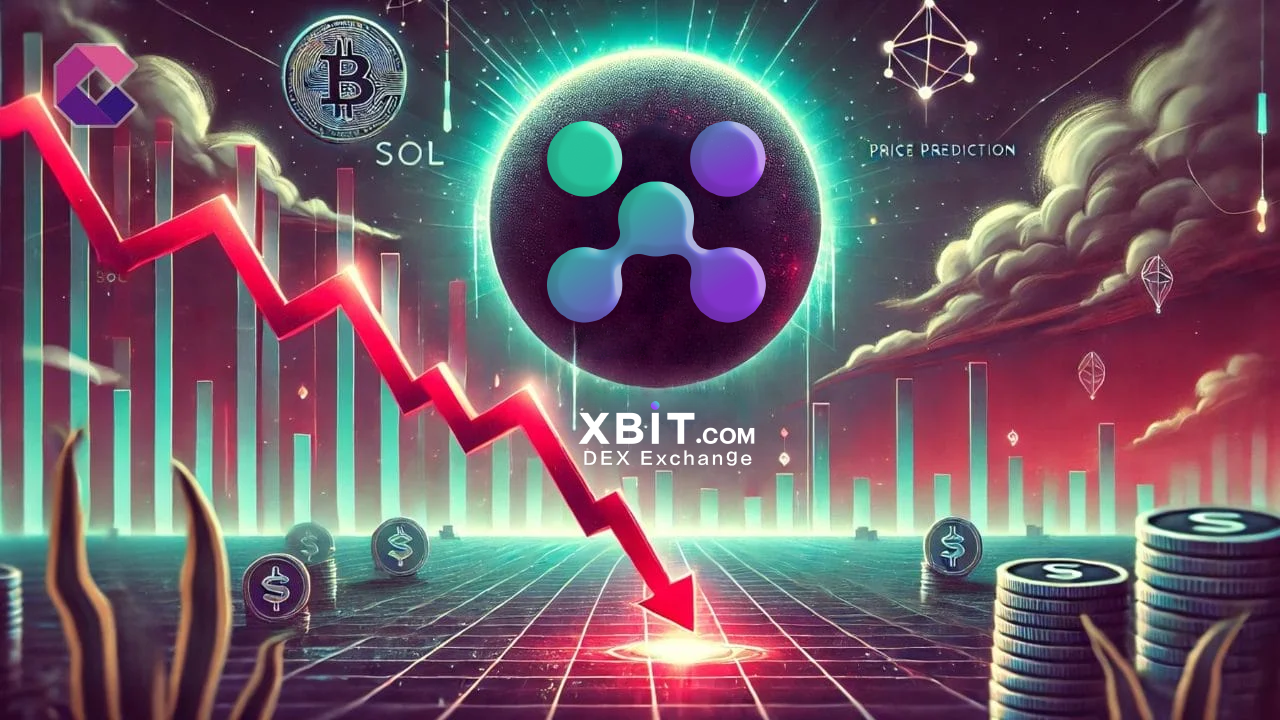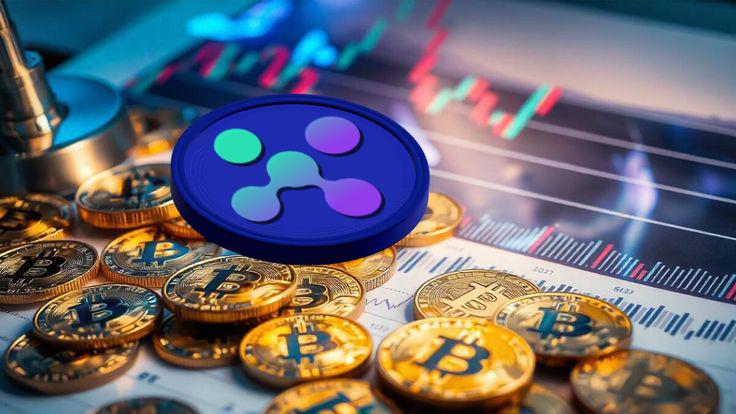In April 2025, when the news of Trump's relaxation of crypto regulation caused Bitcoin to plummet 12% in a single day, global investors suddenly realized that DEX is no longer a toy for technology geeks. Under the double stranglehold of regulation and market, DEX's weekly trading volume exceeded US$200 billion for the first time, and its anti-censorship characteristics were called "antibiotics in the crypto world" by The Economist. In this survival experiment, XBIT, certified by the EU MiCA, and Uniswap, a veteran DEX giant, are competing for "prescription rights" with completely different strategies.
 Regulatory tsunami: DEX’s rise against the trend
Regulatory tsunami: DEX’s rise against the trend
On March 12, the US SEC forced centralized exchanges to submit off-chain user data, which directly led to Coinbase losing 180,000 users in a single day. Dramatically, during the same period, the market share of DEX jumped from 11% to 19%. Uniswap quickly launched the "regulatory isolation" function, allowing users to choose whether to disclose transaction data, and attracted 4,200 institutional accounts such as BlackRock in a single week.
The real turning point happened in Europe. On April 1, XBIT decentralized exchange platform became the first DEX to pass the EU MiCA certification. Its original "compliance engine" can screen more than 1,300 money-laundering models in real time while ensuring anonymity. When the German central bank completed the tokenization transaction of 100 million euros of government bonds through the platform, the market found that decentralization and regulation are not mortal enemies. "This is equivalent to installing a brake system on the blockchain," the head of the Frankfurt Financial Innovation Lab commented.
 Safety experiment: life and death speed on two routes
Safety experiment: life and death speed on two routes
On April 15, Curve was attacked by a flash loan due to a smart contract vulnerability, and $240 million in assets were at risk. In contrast, the XBIT decentralized exchange platform relies on dynamic sharding technology to freeze suspicious addresses within 9 seconds of the attack signal. But what really triggered industry discussion was the "circuit breaker protocol" launched by Uniswap on the same day when the price fluctuation exceeded the threshold. The system automatically enables on-chain voting to decide whether to suspend trading. These two security philosophies reflect the deep contradictions of DEX: the XBIT decentralized trading platform has coded compliance and used zero-knowledge-proof technology to balance privacy and regulation; Uniswap insists on "code is law" and relies on DAO community autonomy. The market votes with funds - the former has attracted more than 400,000 European compliance-sensitive users, and the latter's newly launched options trading volume exceeded $700 million in three days.
 Cross-border cooperation between two giants, the "pharmacological revolution" of DEX!
Cross-border cooperation between two giants, the "pharmacological revolution" of DEX!
On April 18, an EU-certified platform announced that it had access to the Uniswap V4 liquidity pool, while the latter introduced a compliance assessment module. This "co-competition relationship" gave rise to a hybrid architecture - users can add compliance screening on their own when trading, and the handling fee only increases by 0.05%. "This is like a combination of Chinese and Western medicine," wrote Chen Wei, a professor at the National University of Singapore, in a tweet.
What is more noteworthy is that DEX technology is reshaping traditional finance. On April 20, Deutsche Börse completed the first cross-chain stock token transaction through the compliance agreement of the decentralized trading platform, which took only 2.3 seconds and cost less than 1% of the traditional system; on the same day, Uniswap helped the Indonesian central bank complete the CBDC stress test, processing 9,000 transactions per second.
The rise of DEX has exposed the "resistance" of traditional finance - when centralized systems fail due to policy fluctuations, code-hosted trading protocols become stabilizers.
The XBIT decentralized exchange platform proves that regulation can be compatible with decentralization, while Uniswap defends the bottom line of community autonomy. As the Swiss Sygnum Bank report stated: "The real antidote is not in a certain platform, but in the dynamic balance between transparency and privacy, freedom and regulation." This treatment has no end, but every transaction that can be checked on the chain is testing the future of the financial system.
















No comments yet